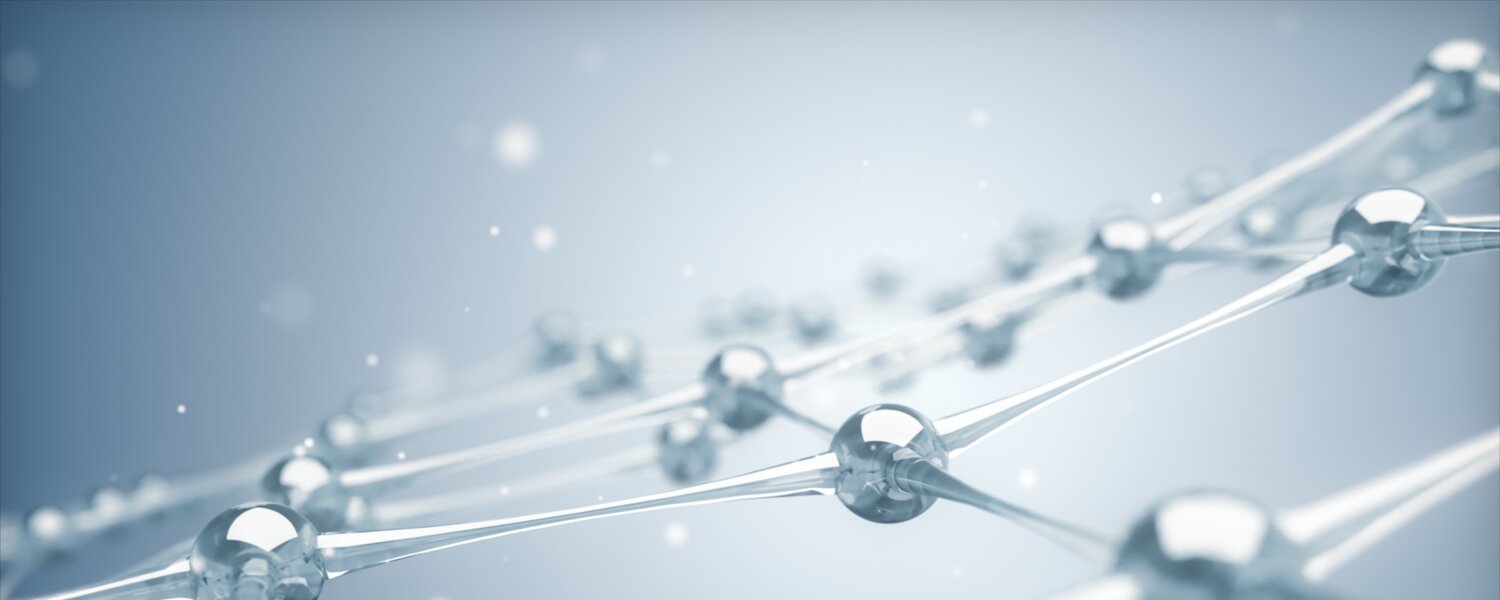
Client
MCQST und MQC
Categories
Solutions , Services
asioso converts Munich Center for Quantum Science and Technology (MCQST) FirstSpirit project into a multisite environment and adds Munich Quantum Center (MQC).
MQC was to be migrated from the Typo3 content management system to FirstSpirit. MQC was using an outdated TYPO3 version that was no longer supported, so there was little time left for the new migration. In addition, the structured data records - which existed in the TYPO3 CMS - had to be imported into the new FirstSpirit CMS so that the editors did not have to migrate any or very little content manually.
Another challenge was the different design requirements of MCQST and MQC. For example, only one logo was planned in the template. At MQC's request, two logos can now be placed in the header, although the website for MCQST has remained the same (only one logo). The navigation bars and the news should also have different designs.
MCQST FirstSpirit PROJEKT was converted into a multisite environment in the first step, as this allowed MQC to be added. This allowed a third microsite to be migrated: Quantum Alliance. What was the result? The customer has a FirstSpirit project from which three microsites are currently being generated, all of which use the same templates but each have their own corporate design. So asioso coordinated and took over the move to the new FirstSpirit content management system. The old TYPO3 data records were prepared and migrated for FirstSpirit with the help of the importer developed by asioso. asioso also took on system administrator tasks to facilitate the move.
"We have been working closely with asioso since the early days of MCQST. Due to the flexibility, the solution-oriented workflow, the competent advice, and the friendly team, it was a pleasure to realize our ideas together in an online format." - Anca Ionescu, Munich Center for Quantum Science and Technology
Munich Center for Quantum Science and Technology (MCQST) is a Cluster of Excellence that was founded in 2019 and is funded by the German Research Foundation (DFG). In MCQST, scientists from the disciplines of physics, mathematics, computer science, electrical engineering, materials science, and chemistry work together in various research areas covering all aspects of quantum science, from basic research to application. The aim is to harness quantum effects such as superposition and entanglement and to develop new quantum technologies such as highly sensitive sensors, tap-proof communication, quantum computers, and quantum simulators.
In addition to the Ludwig-Maximilians-Universität München (LMU) and the Technische Universität München (TUM), the Max Planck Institute of Quantum Optics (MPQ), the Walther Meissner Institute of the Bavarian Academy of Sciences and Humanities, and the Deutsches Museum are involved in MCQST as partners.
The Munich Quantum Center (MQC) was founded as a grassroots initiative of scientists to bring together the quantum research community in Munich. Regular joint workshops and seminars create a highly interactive environment for quantum science in Munich. MQC brings together over 60 research groups belonging to four different institutions: the Ludwig-Maximilians-Universität München, the Technische Universität München, the Max-Planck-Institut für Quantenoptik, and the Walther-Meißner-Institut für Tieftemperaturforschung der Bayerischen Akademie der Wissenschaften.
The research covers a broad spectrum of topics ranging from mathematical foundations, quantum information, computational methods, quantum nanosystems, quantum optics, and quantum many-body physics to superconducting devices. MCQST emerged from this lively initiative.
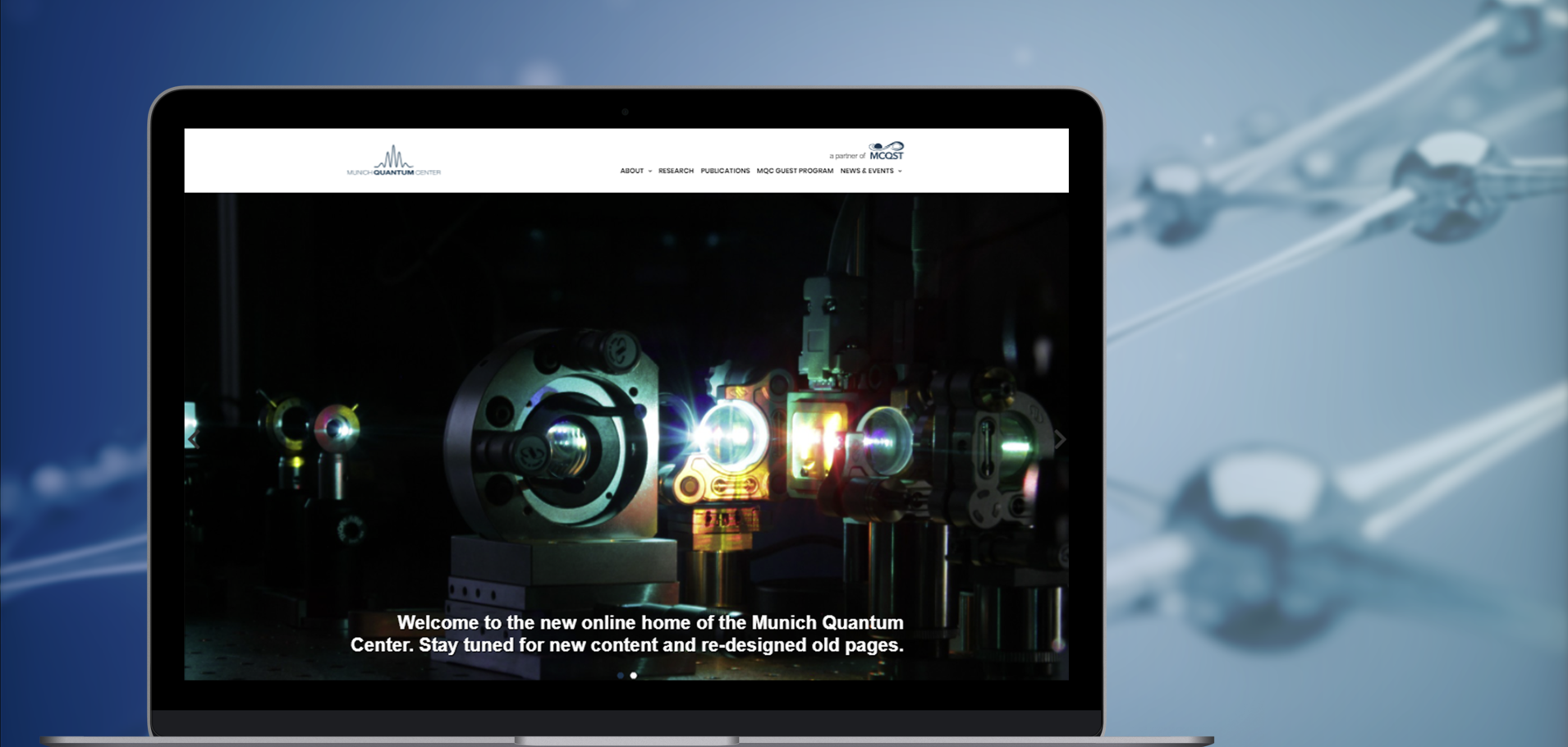
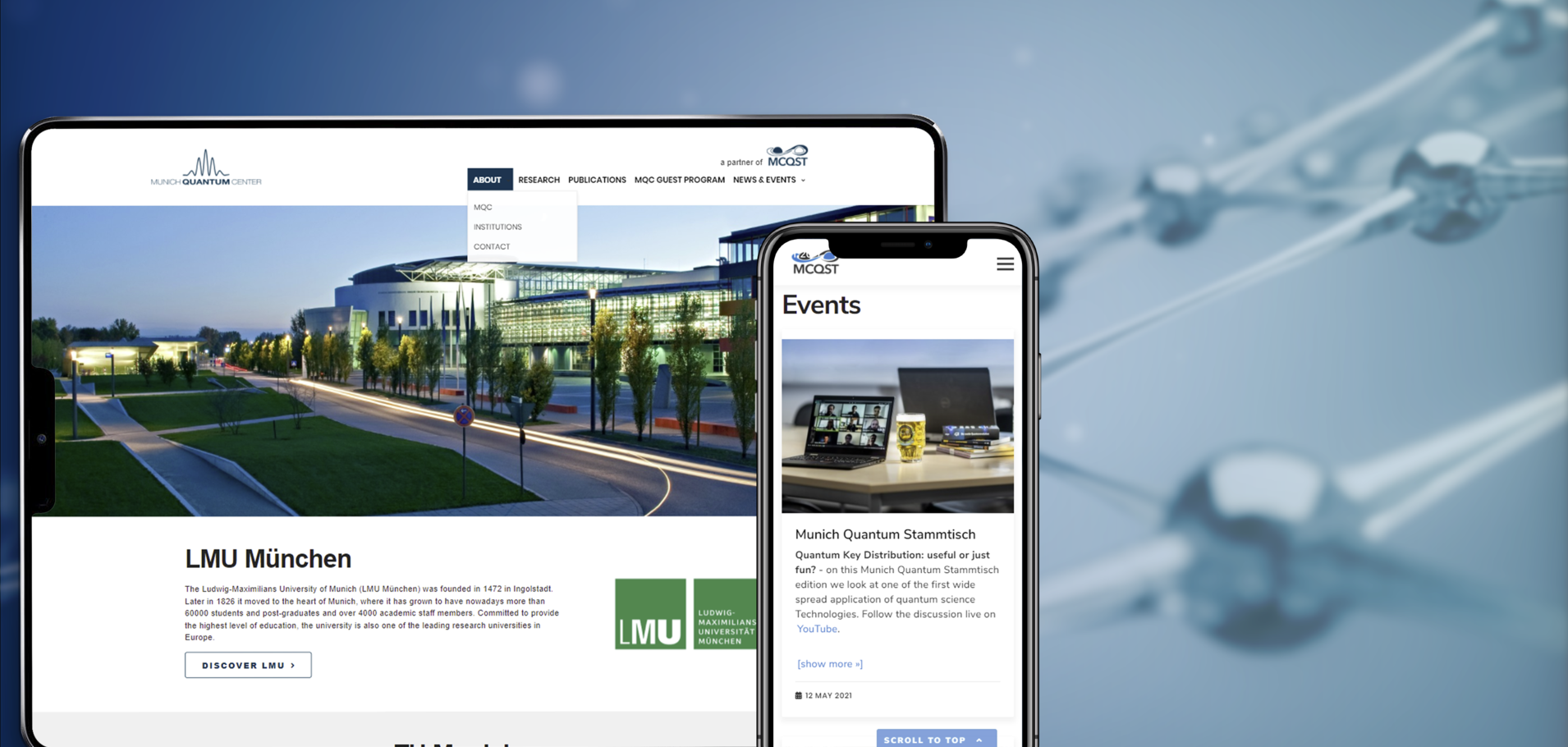
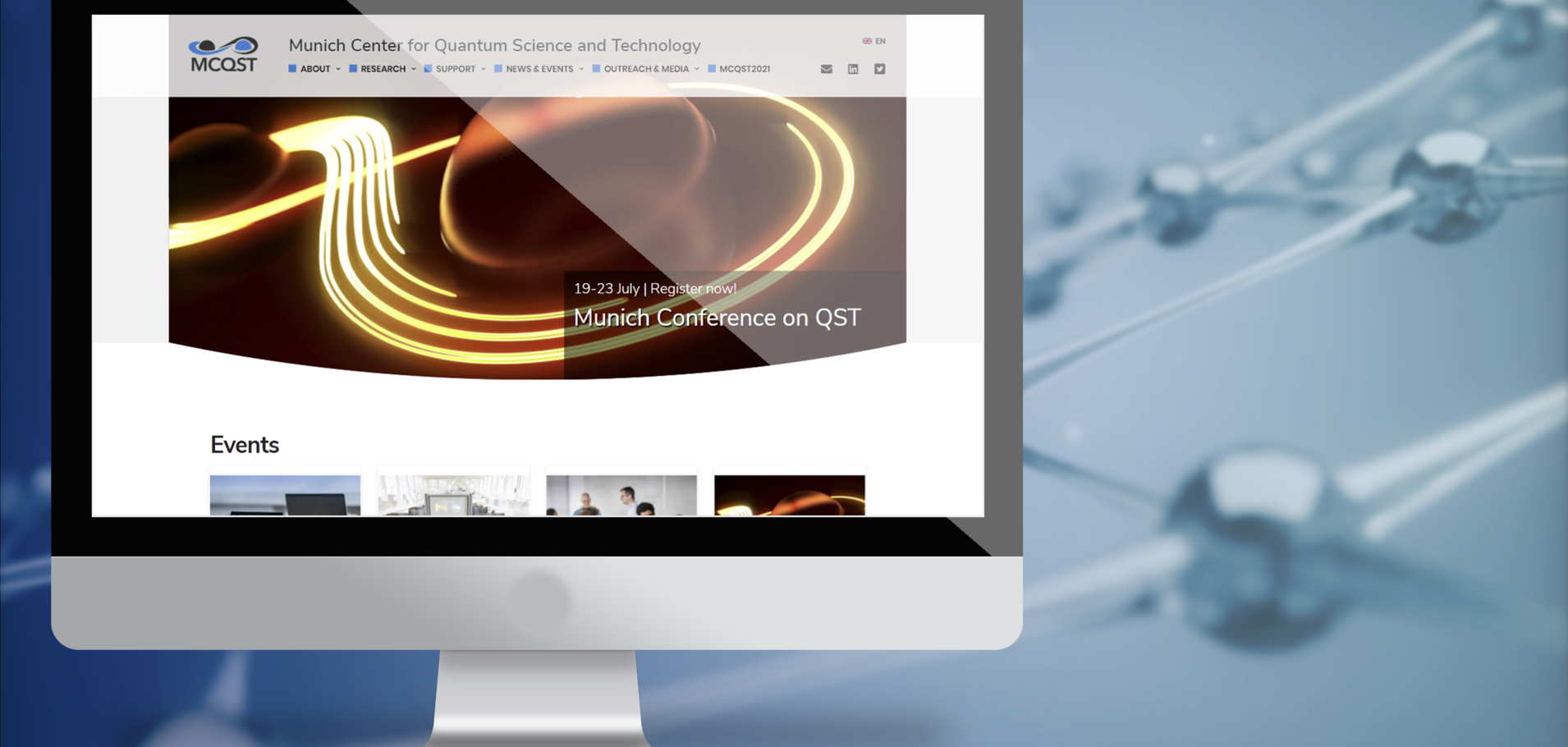
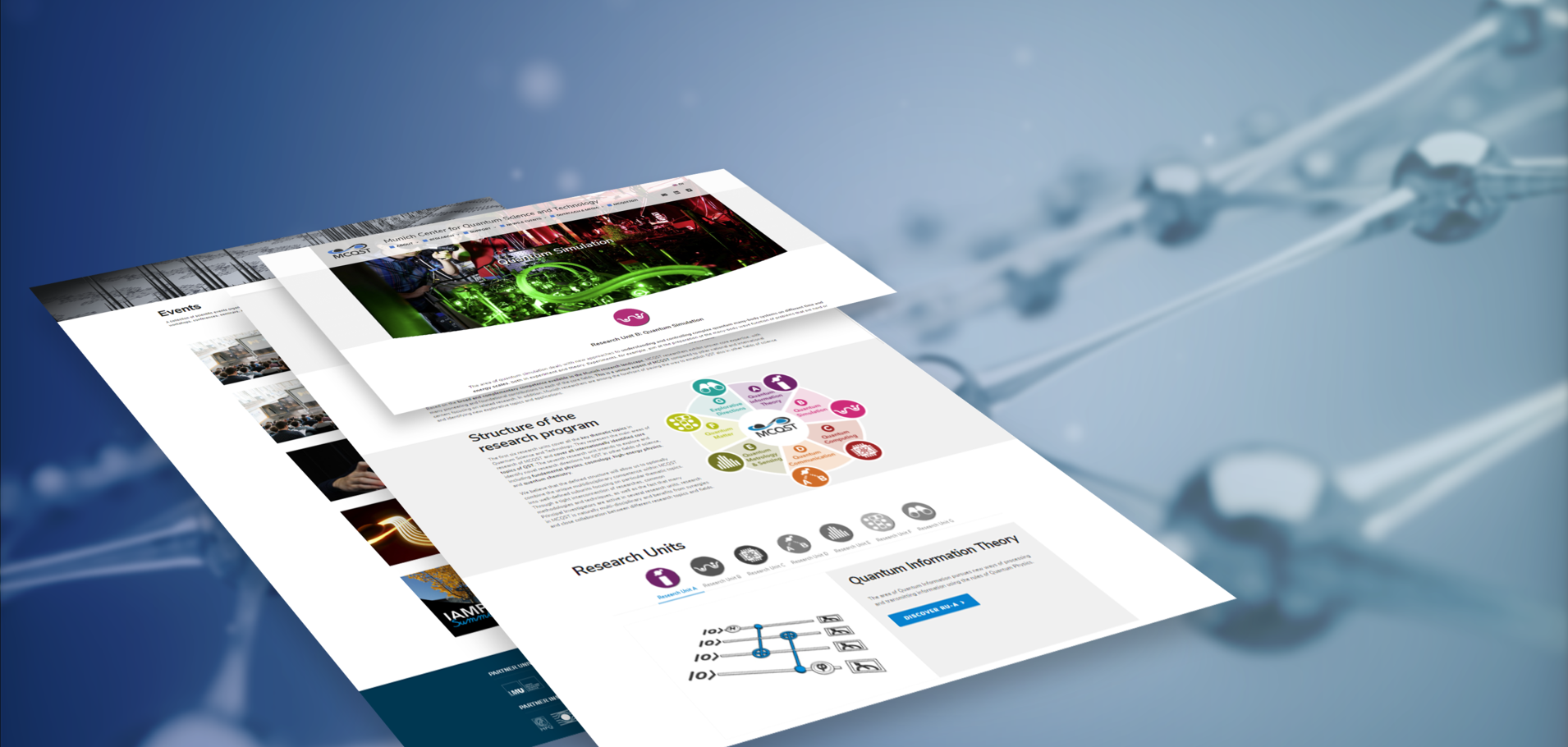
Mirka Milojkovića 14, Višnjica, 11060 Beograd Serbia
Mon - Fri 8:30 - 17:00
Copyright © 2025 asioso. All Rights Reserved.